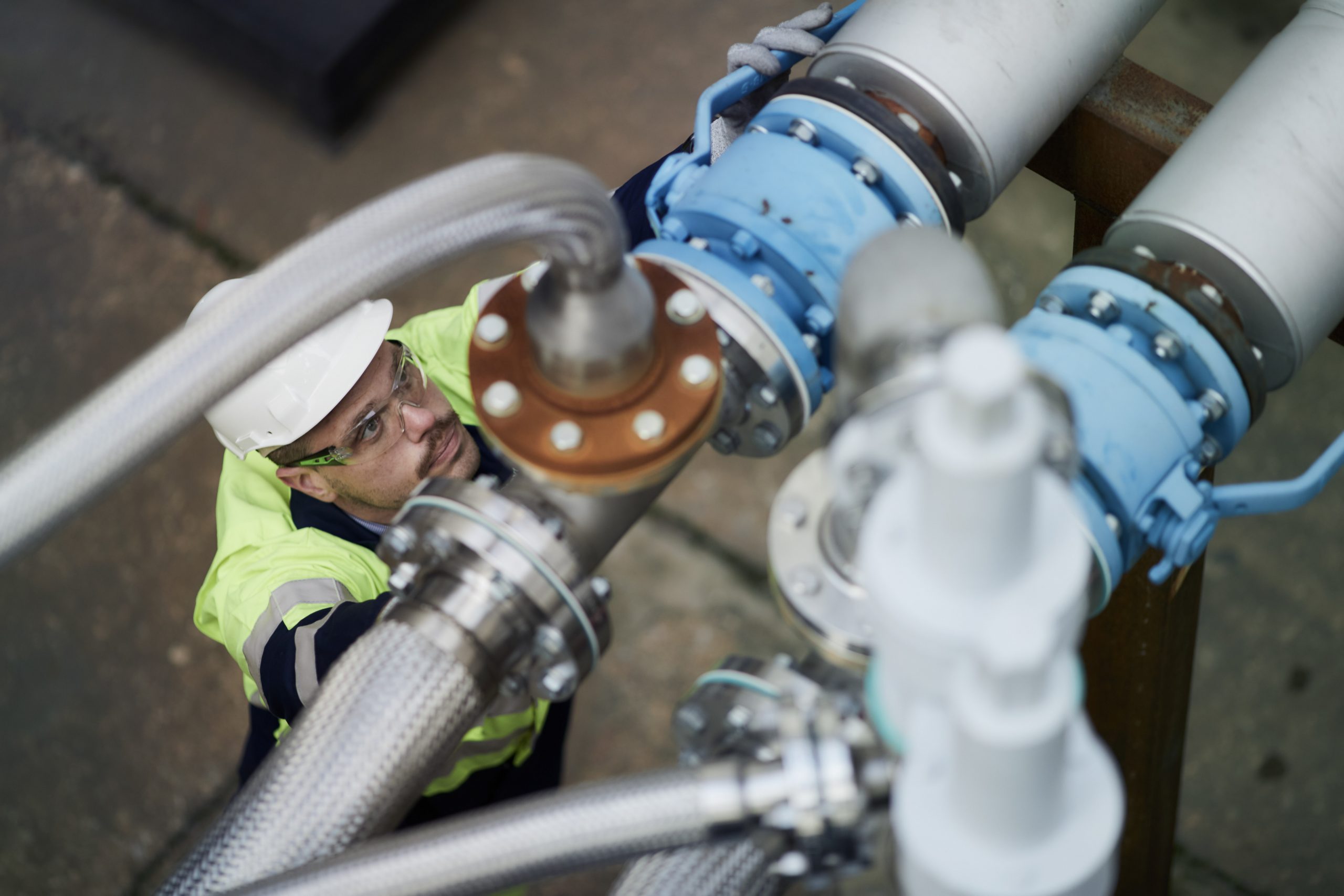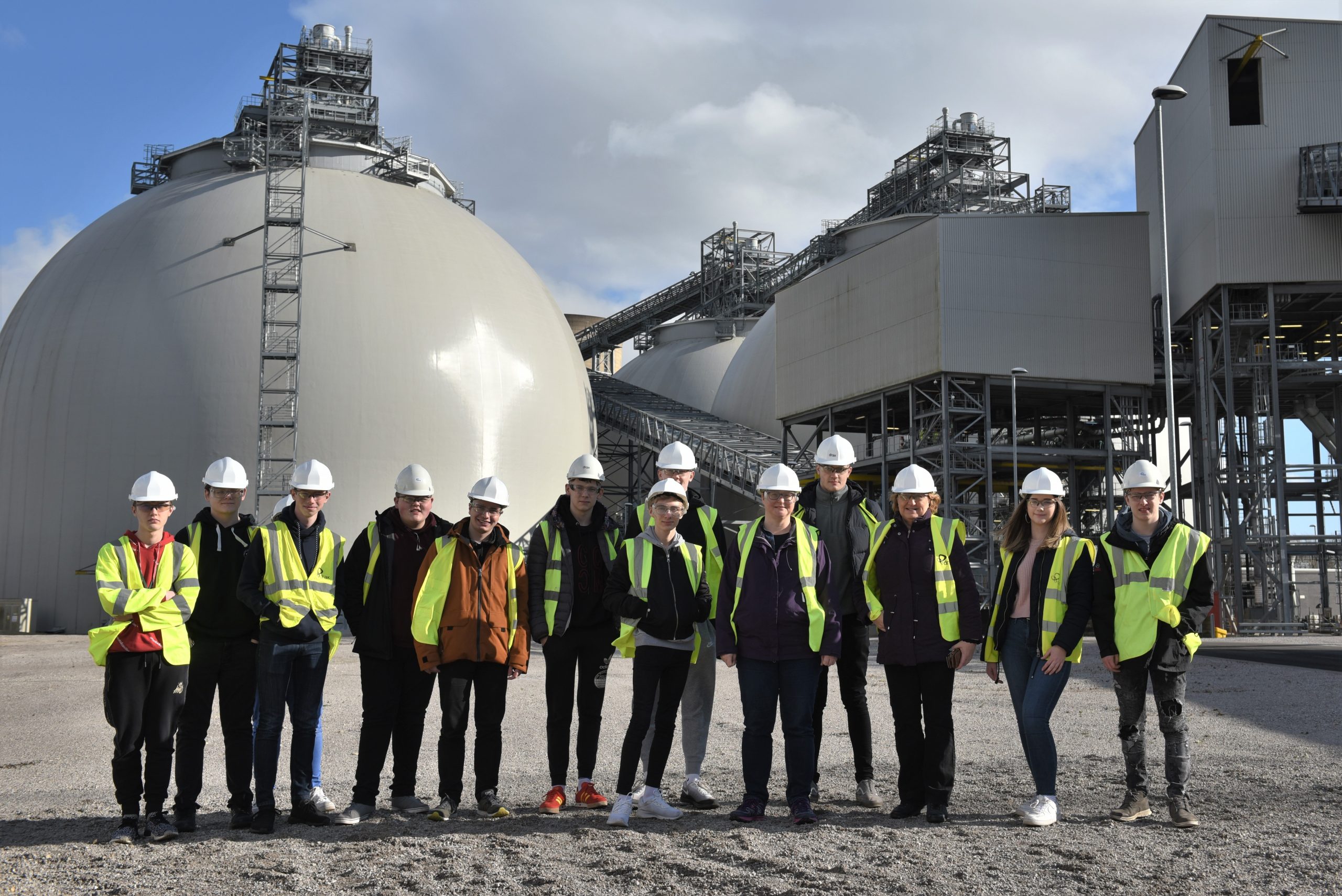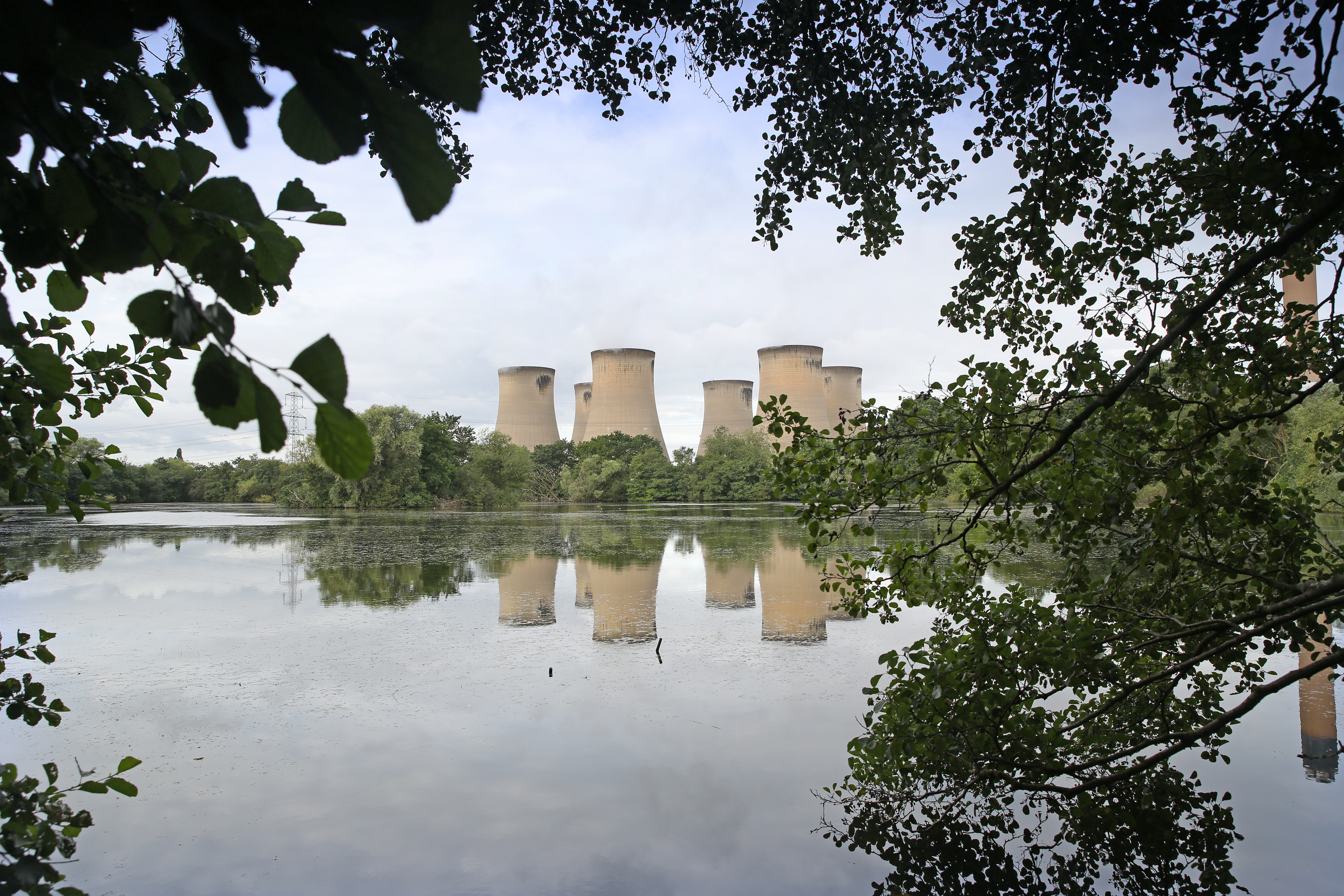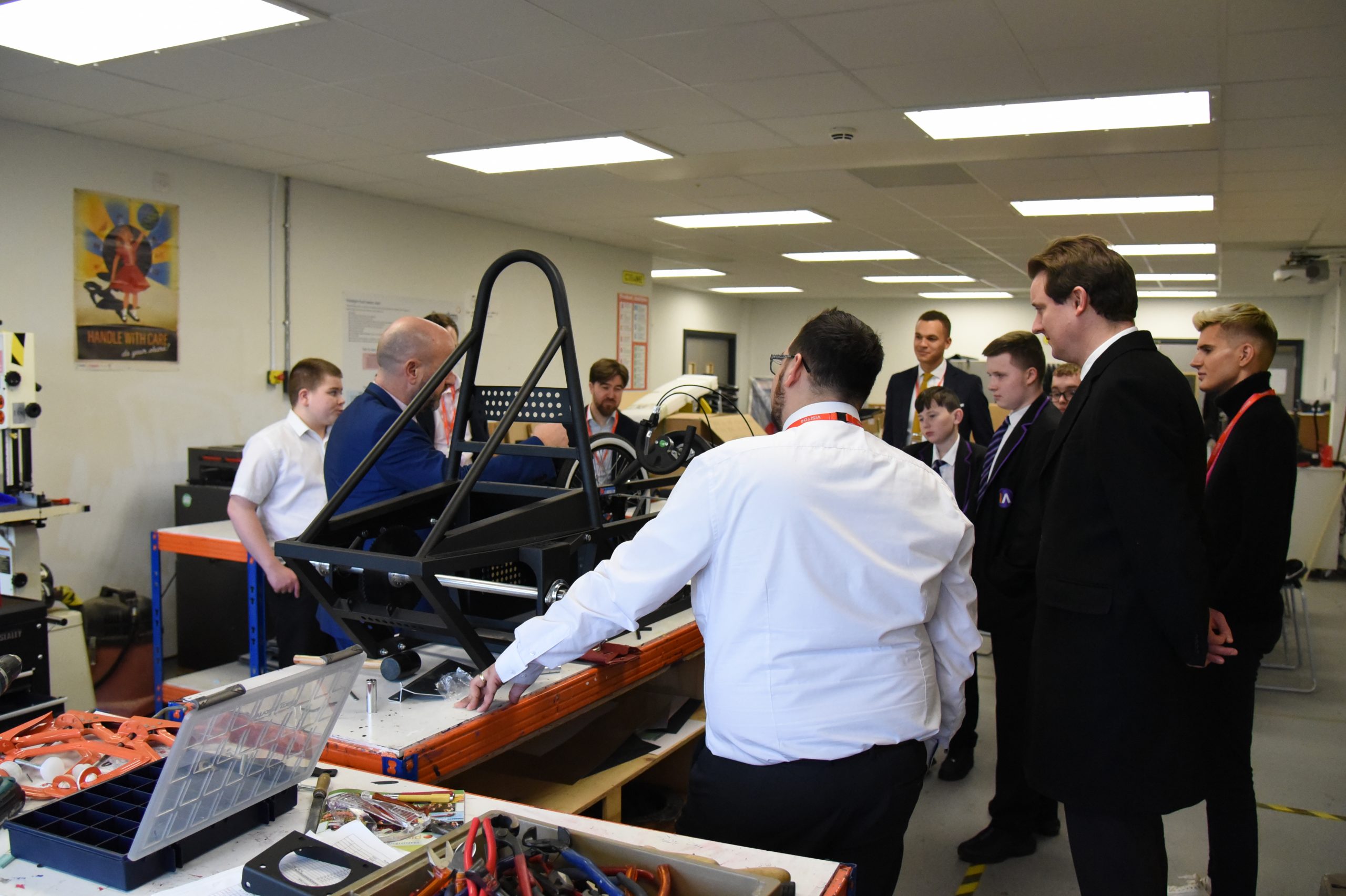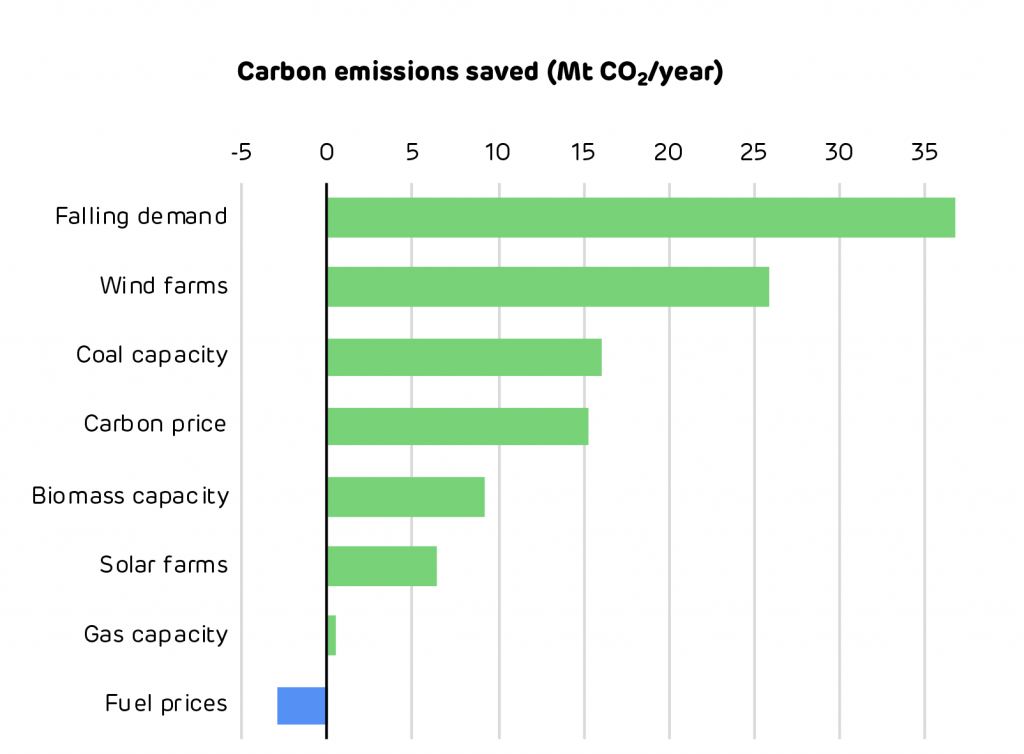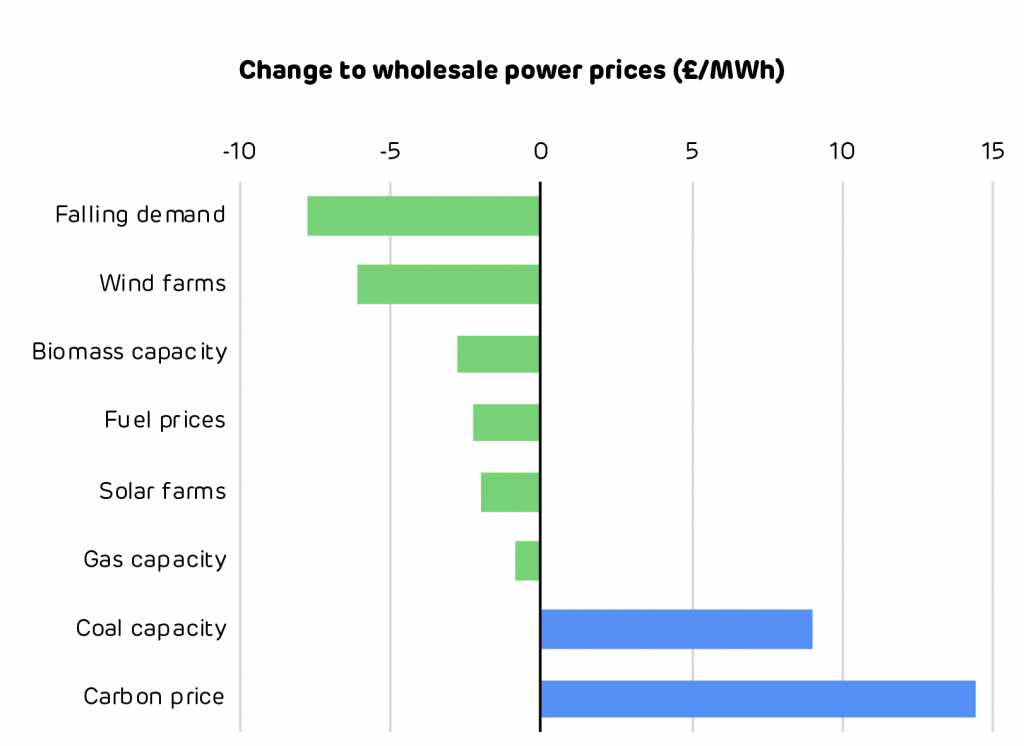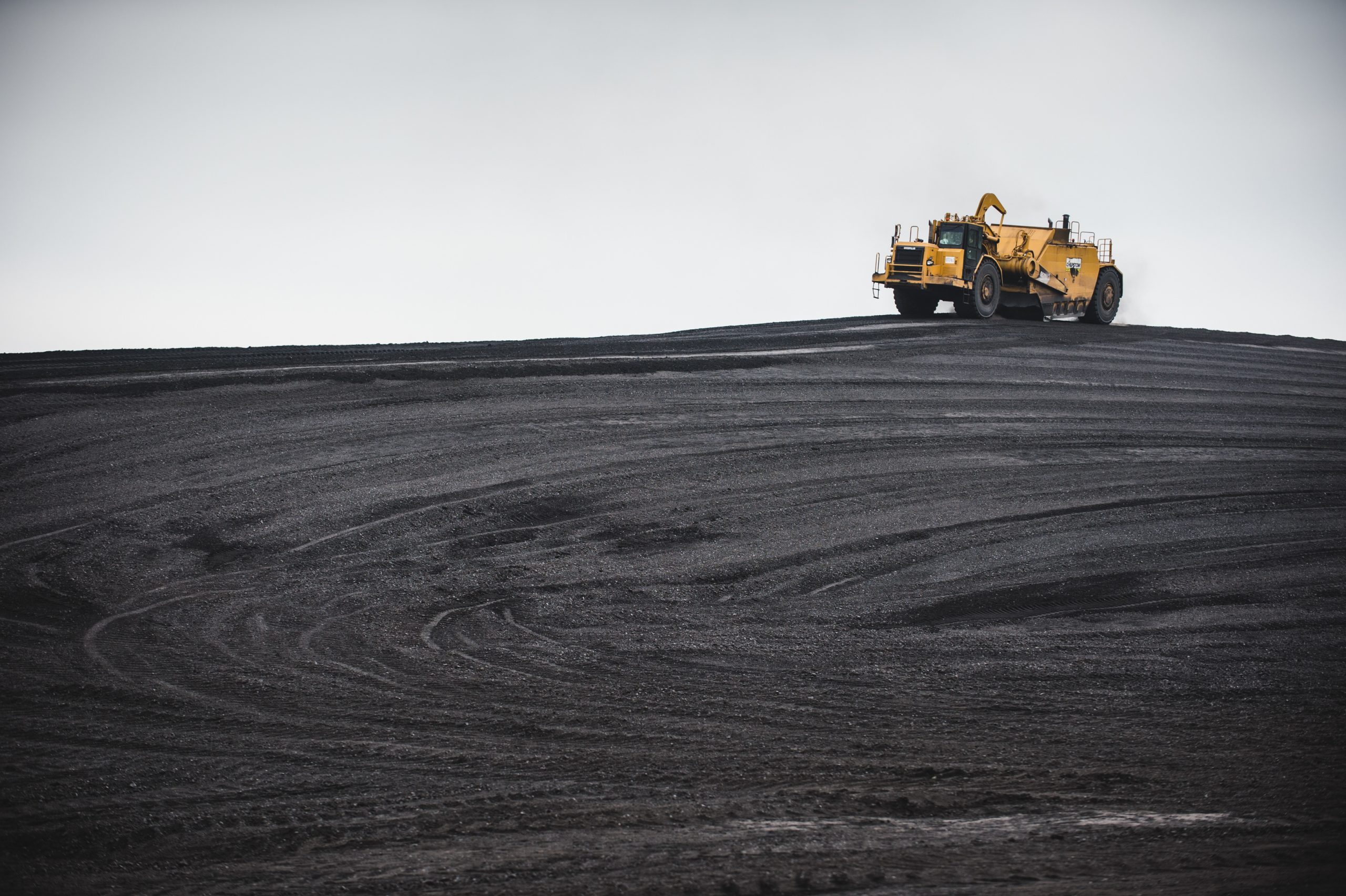
-
Drax has announced that almost 50 years of power generation from coal at its power station in North Yorkshire, is expected to end next year – years in advance of the UK’s 2025 deadline
-
The decision is a landmark moment in the UK’s efforts to achieve net zero by 2050 and a major milestone towards delivering Drax’s world-leading ambition to become carbon negative by 2030
-
Drax is also spearheading a Zero Carbon Skills Taskforce to help people in the North gain the skills and expertise required to seize the opportunities as the UK moves towards a net zero carbon economy
Almost 50 years of coal-fired electricity generation at Drax Power Station is expected to come to an end in March 2021 – marking a major milestone in the company’s world-leading ambition to become carbon negative by 2030.
It means the country’s largest power station will stop using coal well ahead of the government’s 2025 deadline, making an even bigger contribution to the UK’s efforts to achieve net zero.
The decision to stop using coal at Drax comes after a comprehensive review of its operations. Drax does not expect to use coal after March 2021, but will ensure its two remaining coal units remain available until September 2022 in line with its existing Capacity Market agreements.
Drax CEO Will Gardiner said:
“Ending the use of coal at Drax is a landmark in our continued efforts to transform the business and become a world-leading carbon negative company by 2030. Drax’s journey away from coal began some years ago and I’m proud to say we’re going to finish the job well ahead of the Government’s 2025 deadline.”
Drax Power Station near Selby in North Yorkshire first started generating electricity using coal in the 1970s. Once the second half of the power station was built in the 1980s, it became the largest power station in the UK with the capacity to generate electricity for six million households.
Over the last decade four of the power station’s six generating units have been converted to use sustainable biomass, delivering carbon savings of more than 80% compared to when they used coal.
This has transformed Drax to become the UK’s largest renewable power generator and the biggest decarbonisation project in Europe.
Mr Gardiner said:
“By using sustainable biomass we have not only continued generating the secure power millions of homes and businesses rely on, we have also played a significant role in enabling the UK’s power system to decarbonise faster than any other in the world.
“Having pioneered ground-breaking biomass technology, we’re now planning to go further by using bioenergy with carbon capture and storage (BECCS) to achieve our ambition of being carbon negative by 2030, making an even greater contribution to global efforts to tackle the climate crisis.”
Stopping using coal at Drax will lead to a reduction in the workforce at the North Yorkshire power station. Trades Unions and employee representatives will be consulted over the coming months and support is being provided to those affected.
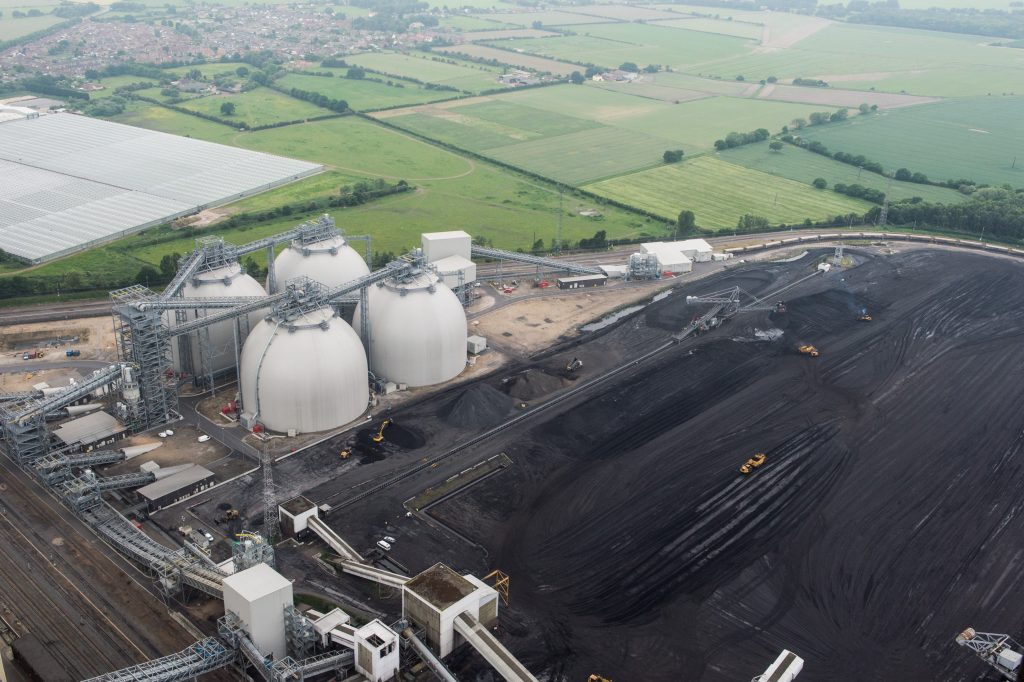
Coal pile and biomass storage domes, Drax Power Station, 2016. Click to view/download.
Drax is talking to the government, trades unions and industrial businesses across the North about joining with Drax in establishing a new Zero Carbon Skills Taskforce to help people in the region gain the skills and expertise required to seize new job opportunities as the UK moves towards a net zero economy.

Drax Group CEO Will Gardiner in the control room at Drax Power Station. Click to view/download.
Mr Gardiner added:
“Stopping using coal is the right decision for our business, our communities and the environment, but it will have an impact on some of our employees, which will be difficult for them and their families.
“In making the decision for the UK to stop using coal and to decarbonise the economy, it’s vital that the impact on people across the North is recognised and steps are taken to ensure that they have the skills needed for the new jobs of the future.”
Drax’s plans to develop BECCS means it could be the ‘anchor’ for the Zero Carbon Humber initiative which aims to bring industrial businesses together to make the region the first net zero industrial economy in the world.
The Humber is the UK’s biggest industrial region employing 55,000 people in energy, manufacturing and engineering and as the most carbon intensive region in the country – decarbonising here would make a more significant impact on addressing the climate crisis than anywhere else in the UK.
ENDS
Media contacts:
Ali Lewis
Drax Group Head of Media & PR
ali.lewis@drax.com
+44 (0)7712 670 888
Selina Williams
Drax Group Media Manager
selina.williams@drax.com
+44 (0)7912 230 393
Editor’s Notes
Drax Group has reported profits of £410m in its 2019 Full Year Results published today.
The Norwegian Sovereign Wealth Fund, Norges Bank Investment Management, recently announced it was revoking an exclusion of Drax Group from its investments, recognising the company’s move away from coal to biomass, which delivers carbon savings of more than 80%.
The end of coal generation will lead to a reduction in the workforce at Drax Power Station of between 200 and 230 people from April 2021.
Drax’s decision to stop using coal is an important step in achieving its ambition to become carbon negative. This means that by using bioenergy with carbon capture and storage (BECCS) technology, Drax will remove more carbon emissions from the atmosphere than are produced across all its operations, creating a negative carbon footprint for the company.
By using BECCS, Drax hopes to become the anchor for the UK’s first net zero industrial cluster in the Humber region, allowing other industrial emitters to capture and store carbon dioxide, protecting jobs, creating clean growth and export opportunities.
Drax is a member of the Powering Past Coal Alliance, an initiative launched by the UK and Canadian governments, which seeks to end the use of unabated coal in power stations around the world by 2030.
The Powering Past Coal Alliance wants to accelerate the transition away from unabated coal and Drax is supporting its work to encourage members to scale up their ambitions, and to create more collaboration, helping prospective new members to move forwards in using cleaner energy.
Drax supports STEM (Science, Technology, Engineering and Maths) education and employability initiatives in the communities local to its operations. In 2019 it recruited 18 apprentices across the Group including 13 at Drax Power Station. It also works with schools and colleges to deliver exciting STEM education opportunities and careers events and activities, which promote diversity and inclusion.
More than 9,500 people visited Drax Power Station in 2019, many of whom were students. The tours are free and are focused on learning outcomes.
Photo caption (main image): Coal pile at Drax Power Station, 2016. View/download.
Video: View/download 16:9; View/download 1:1.
About Drax
Drax Group’s purpose is to enable a zero carbon, lower cost energy future and in 2019 announced a world-leading ambition to be carbon negative by 2030.
Its 2,900-strong employees operate across three principal areas of activity – electricity generation, electricity sales to business customers and compressed wood pellet production.
Power generation:
Drax owns and operates a portfolio of flexible, low carbon and renewable electricity generation assets across Britain. The assets include the UK’s largest power station, based at Selby, North Yorkshire, which supplies five percent of the country’s electricity needs.
Having converted two thirds of Drax Power Station to use sustainable biomass instead of coal it has become the UK’s biggest renewable power generator and the largest decarbonisation project in Europe.
Its pumped storage, hydro and energy from waste assets in Scotland include Cruachan Power Station – a flexible pumped storage facility within the hollowed-out mountain Ben Cruachan. It also owns and operates four gas power stations in England.
Customers:
Drax owns two B2B energy supply businesses:
Haven Power, based in Ipswich, supplies electricity and energy services to large Industrial and Commercial sector businesses.
Opus Energy, based in Oxford, Northampton and Cardiff, provides electricity, energy services and gas to small and medium sized (SME) businesses.
Pellet production:
Drax owns and operates three pellet mills in the US South which manufacture compressed wood pellets (biomass) produced from sustainably managed working forests. These pellet mills supply around 20% of the biomass used by Drax Power Station in North Yorkshire to generate flexible, renewable power for the UK’s homes and businesses.
For more information visit www.drax.com/uk
